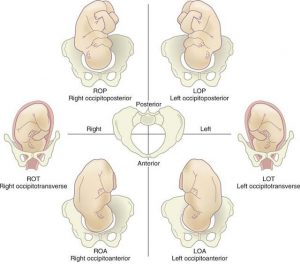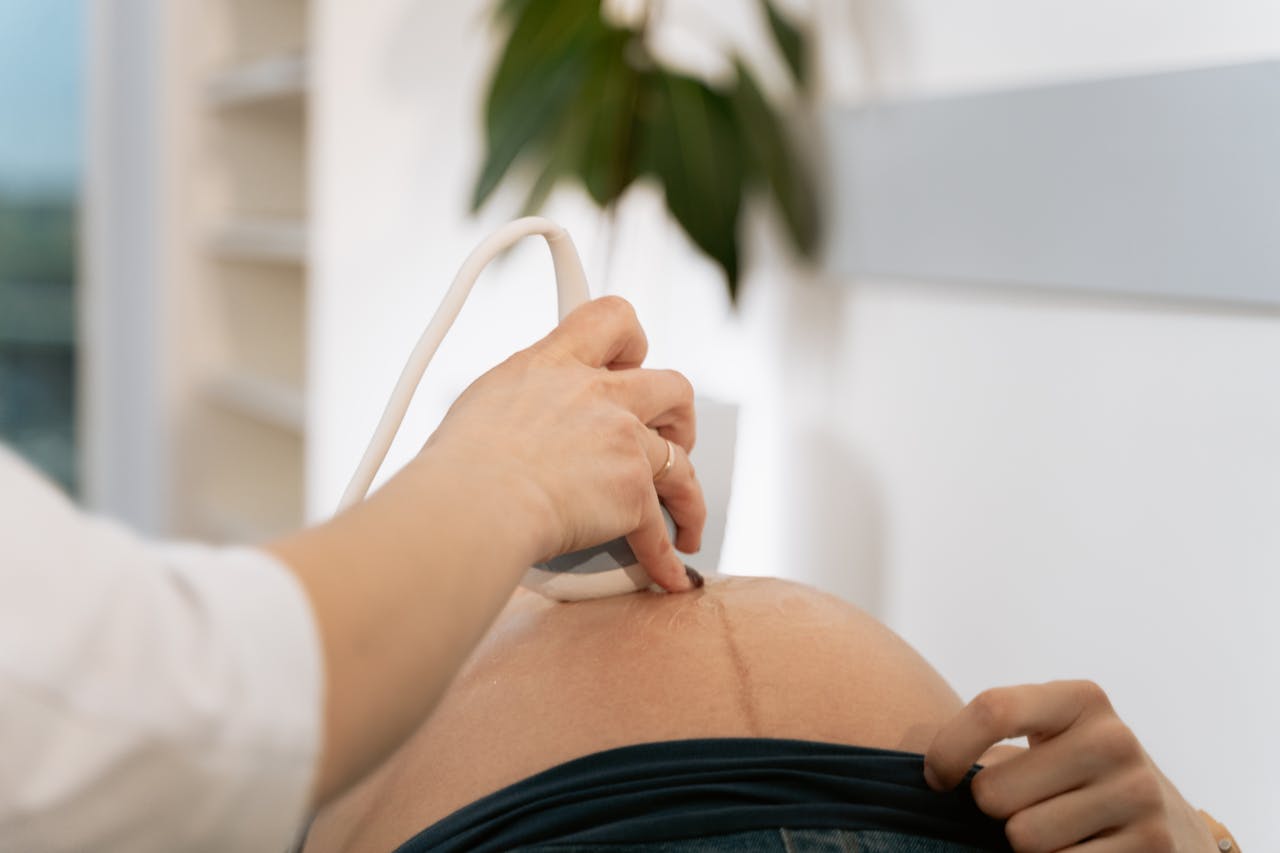Introduction
The scenario of a pregnant woman tragically losing her life sparks questions about the potential survival of the unborn child. The human body is an intricate and interconnected system, and when faced with such a devastating event as maternal death, the fate of the fetus becomes a subject of immense medical curiosity. In this article, we will explore the factors that influence the survival of the fetus in the event of maternal death and the potential causes that may lead to the demise of the unborn child.

Survival Duration of the Fetus
The survival of the fetus after maternal death hinges on various factors, including the stage of pregnancy, the cause of the mother’s death, and the availability of immediate medical intervention. In general, the fetus has a higher chance of survival in the later stages of pregnancy due to increased development and viability. In some rare instances, the fetus may survive for a short period after the mother’s demise, but it is crucial to acknowledge that maternal death during pregnancy presents an exceptionally perilous situation for both mother and child.
Immediate Medical Intervention
The immediate medical response following maternal death plays a vital role in determining the fate of the fetus. If the mother’s body can be sustained through resuscitation measures or emergency medical procedures, it may prolong the chances of the fetus surviving. However, the complexities and risks involved in preserving the life of the unborn child under these circumstances are daunting and require a highly skilled medical team.
Potential Causes of Fetal Demise
Despite the possibility of short-term survival, maternal death poses severe risks to the unborn child. The cessation of maternal circulation and oxygen supply can lead to anoxia (lack of oxygen), which may cause irreversible damage to the fetus’s brain and vital organs. Furthermore, complications arising from the mother’s medical condition or traumatic event leading to her death can also have direct consequences on the fetus, leading to preterm birth, fetal distress, or intrauterine death.
Psychological Impact on the Fetus
The emotional state of the mother, particularly in traumatic situations, can have an impact on the unborn child. Severe stress and distress may trigger physiological responses in the fetus, potentially influencing their development and well-being. The psychological implications on the fetus in such distressing circumstances are still subjects of ongoing research and investigation.
Ethical Considerations
The complexities surrounding the survival of the fetus after maternal death bring forth significant ethical dilemmas for medical professionals and families involved. Decisions about the continuation of medical intervention, potential treatments, and considerations for the future welfare of the child must be approached with utmost sensitivity and care.
Conclusion
The survival of the fetus after maternal death is an incredibly complex and heart-wrenching aspect of medical science and human life. While there have been instances where the fetus survived for a short duration after the mother’s passing, such occurrences remain exceedingly rare and fraught with medical and ethical challenges. The interplay of factors such as gestational age, immediate medical response, and the causes of maternal death profoundly influence the outcome. In the face of such devastating circumstances, compassion, understanding, and support are essential for the families affected by these heartbreaking events. As medical knowledge continues to progress, it is hoped that advancements in maternal and fetal care will reduce the occurrence of such tragedies, bringing hope and solace to those navigating through this unfathomable journey of loss and resilience.
Frequently Asked Questions (FAQ) About Fetal Survival After Maternal Death
1. Can a fetus survive if the mother dies during pregnancy?
In some rare instances, a fetus may survive for a short period after maternal death. The chances of survival depend on various factors, including the stage of pregnancy and immediate medical intervention.
2. What are the factors that influence fetal survival after maternal death?
The survival of the fetus depends on the gestational age, the cause of the mother’s death, and the availability of immediate medical attention. Later stages of pregnancy offer a higher chance of survival due to increased fetal development.
3. How long can a fetus survive after maternal death?
The duration of fetal survival after maternal death varies significantly and may range from a few minutes to several hours, depending on the circumstances and medical intervention.
4. What are the potential causes of fetal demise after maternal death?
Maternal death can lead to the cessation of oxygen and nutrient supply to the fetus, causing anoxia and potentially irreparable damage to vital organs. Complications from the mother’s medical condition or traumatic event can also directly affect the fetus.
5. Is immediate medical intervention crucial for fetal survival?
Yes, immediate medical intervention is critical in cases of maternal death during pregnancy. Prompt resuscitation efforts and emergency medical procedures may prolong the chances of fetal survival, but the complexities involved pose significant challenges.
6. Can severe stress or distress in the mother impact the fetus after her death?
Severe stress and distress in the mother may influence the fetus’s development and well-being, but the exact psychological implications in these distressing circumstances are still subjects of ongoing research.
7. How do medical professionals approach ethical decisions in such cases?
Medical professionals must approach ethical decisions in these cases with utmost sensitivity and care. Considerations for the continuation of medical intervention, potential treatments, and the future welfare of the child are carefully evaluated in collaboration with the family.
8. Are there any known cases of fetal survival after maternal death?
There have been rare documented cases of fetal survival after maternal death, but such instances remain exceedingly uncommon and complex.
9. What support is available for families dealing with such devastating circumstances?
Families facing the loss of a pregnant loved one and the potential survival of the unborn child require compassionate support from medical professionals, counselors, and support groups to navigate through this emotionally challenging journey.
10. How can advancements in medical knowledge improve the outcomes in such cases?
As medical knowledge progresses, advancements in maternal and fetal care offer hope for reducing the occurrence of such tragic events and improving the support available for families in such difficult situations.







Comments